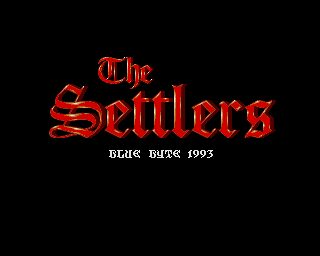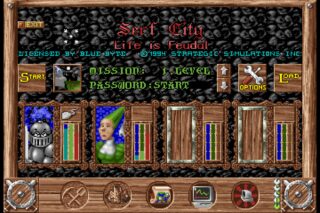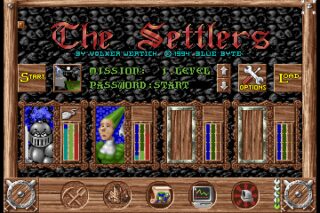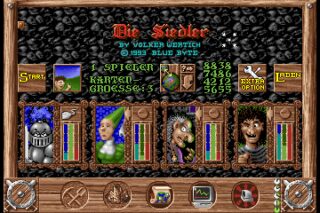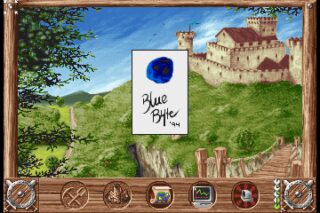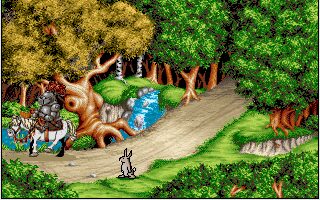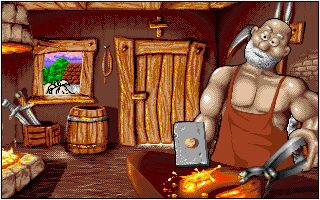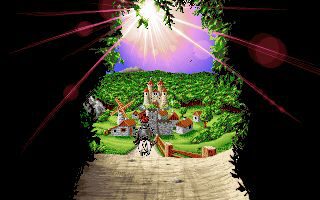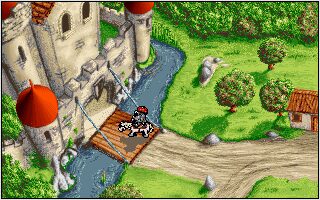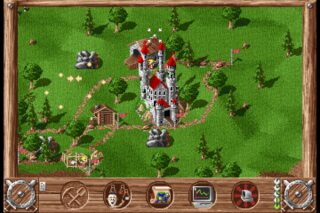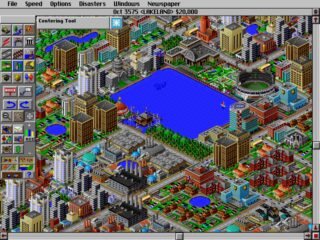The Settlers is a medieval city-building simulation game by Blue Byte Software, first released in 1993 for Commodore Amiga and in 1995 for MS-DOS. In America, it was published as Serf City: Life Is Feudal.
It took over two years to code the game to understand supply and demand.
The game is set in a cartoony version of medieval times. You must manage and obtain resources like wood, stones, pork, fish, bread, iron, coal, and gold. The game's goal is to defeat your enemies and take their territory. It's a real-time strategy game. The Settlers features 30 ready-made missions, as well as semi-randomly generated maps. Two-player games may be played both online and offline.
The graphics are gorgeous. The developers paid attention to even the smallest of details. The Settler's economic system is incredibly deep and well-balanced. Despite the game's cutesy look, combat involves many strategies. It's a highly well-made game that deserves to stand next to other better-known strategy greats like Sid Meier's Civilization.
The Settlers was arguably one of the greatest games ever brought to the Amiga. I spent many happy hours, if not days or weeks in this game – I was still enjoying it in the mid 90s, long after the Amiga scene had sadly come to an end.
Imagine a kind of medieval version of Sim City with sword fights! The Settlers was beautifully illustrated, and while some of the graphics were microscopic and parts of the interface unclear, once you'd worked it all out, here was a strategy game that took you to a world you could enjoy being absorbed in for hours on end – the fact the franchise is still alive and well (though frustratingly no longer available on Mac) is testament to the sheer brilliance of the original.
Playing it again for the first time in over 25 years was interesting and a real test for the old grey matter! But in no time at all, it all came flooding back to me. I just had to find a traditional two-button mouse to pay it with, as even if you enable right-click on a Mac Magic Mouse, the game doesn't recognise it. Having played one of the more modern versions of the game in relatively recent years, I didn't think I would enjoy going back to the basics of the original, but it still hasn't lost any of its charm or enjoyment.

